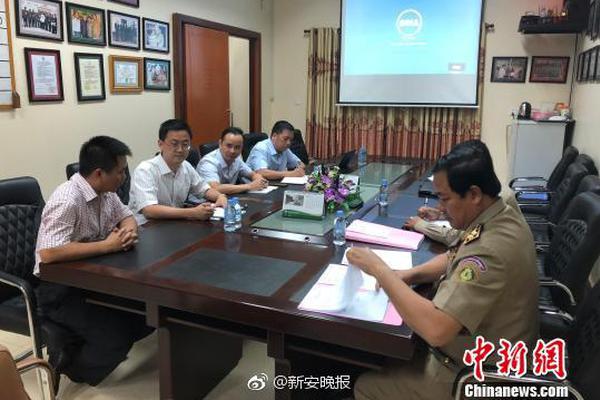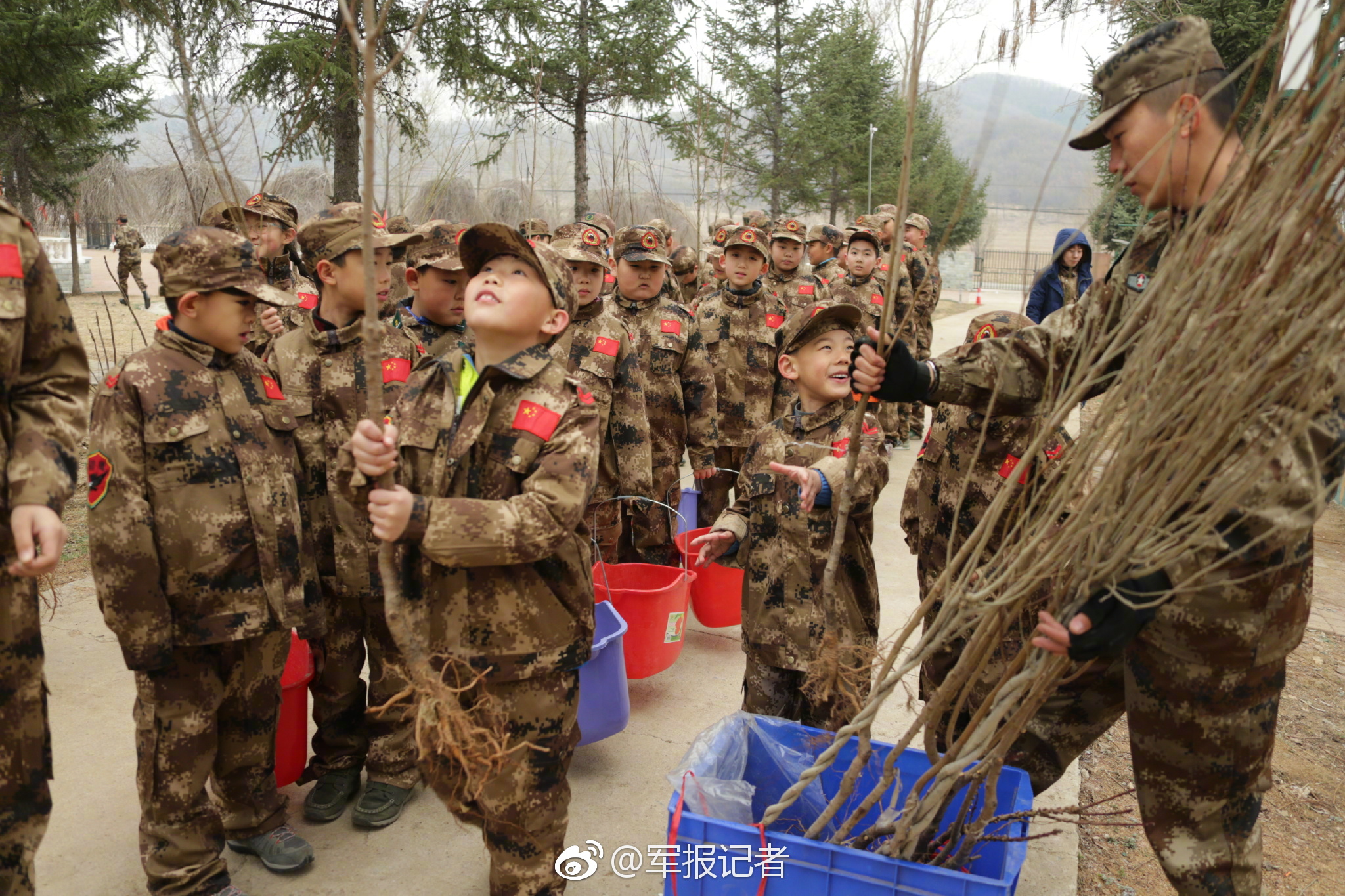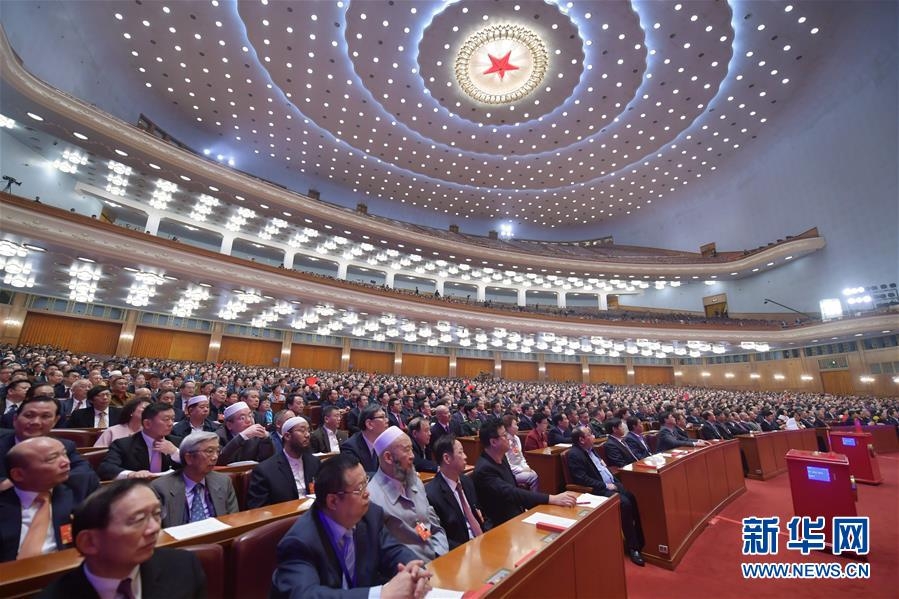
By MIKEY HIRANO CULROSS
Rafu Sports Editor
The great heart of JAO has left the court.
To pin down the impact Leland Lau has had on generations of young people is a task nearly impossible, measuring his reach a most elusive goal.
Memorial services were held Wednesday for Lau, who died earlier this month of coronary failure at age 67.
Countless families and clients depended on his expertise as a CPA for nearly four decades, but his passion and his lasting legacy centered around how he toiled away from the office.
“On any Sunday, you’d see Leland running from gym to gym, overseeing that all the gyms opened on time, the scorekeepers and refs were present and supporting his gym monitors,” said Mike K. Miyashima, who was one of the officials Lau coordinated in his duties as commissioner of the Japanese American Optimist Club’s Invitational Basketball League.
For 27 years, Lau oversaw the organization’s transformation from a league of 55 teams to more than 145. Thousands of young players and their families have been a part of this continuing community asset, one that has in many ways become a rite of passage in the Japanese American community.
“People say, ‘My mom played,’?or ‘My dad played,’” Lau told Los Angeles Magazinein 2017. “If you didn’t at least try, you’d probably get banned from the dinner table.”

Players past and present hold precious memories of their days playing in JAO, whether or not they went on to pursue basketball. Alumni include the likes of Natalie Nakase, currently on the coaching staff of the L.A. Clippers in the NBA, but JAO went far beyond sport, serving as a glue that continues to bridge generations in a JA community that has long since spread far from its historical center in Little Tokyo.
“To us in Orange County, he was known as the Czar of Japanese girls basketball in Los Angeles,” wrote Jesse James, whose three sons all played in JA youth leagues and went on to star on college teams. “We knew him as a ‘committee of one.’ He really enjoyed the title that we gave him.”
A Southern California native, Lau was reared in the cultural melting pot of the region. He graduated from the School of Business at USC, where he was a member of the Asian fraternity Gamma Epsilon Omega. His first job out of college was working for IBM’s small business division in Los Angeles, eventually opening his own accounting practice.
Lau’s involvement with the Japanese American Optimist Club began in the late 1980s, and he served as the organization’s 40th president. There have been several sports programs within JAO and other clubs over the decades, but it is basketball that has for generations drawn the attention of the JA community.
“He put such a high standard on how the league should be run, and our daughters benefited by this because many of those who played in the league went on to play high school ball and beyond,” said Lau’s longtime friend and collaborator Carol Tanita. “He made sure the organizations taught girls from an early age to give back, by performing community service as part of their team training. He tried to de-emphasize the individual, and work as a team.”
Gerald Fukui, whose father was one of the founders of the JAO chapter of Optimists International in Little Tokyo, was one of Lau’s fraternity brothers at USC.
“Leland gave 100 percent for everyone else, and hardly kept anything for himself. All his weekends, he was totally committed to the kids,” Fukui said. “As a community, we started basketball because our kids wanted to play, but they couldn’t compete against other ethnicities because of the physical differences. We wanted to give them an avenue to compete and not feel discouraged.”
In 2013, Lau was honored by the JACCC with its Community Spirit Award.
A 2011 Rafu Shimpostory written by Elise Takahama — herself a former participant in JAO basketball — further revealed the wide-ranging benefits of the local basketball culture.
Parent Fumiyo Araki told Takahama during one of her daughter’s JAO games that all involved felt a sense of welcome. “Everyone is really nice and down-to-earth.”

Another player told of how she wanted to follow in the footsteps of her older brother, who played CYC ball. Her father, too, played CYC when he was younger.
Lau clearly understood how connections made through basketball kept young people involved with their Japanese as well as SoCal heritage. In the early 2000s, he organized the Kids for Keiro Hoop Shoot Fundraiser, to help benefit retirees at Keiro Senior HealthCare. Aside from the financial benefit, the project heightened awareness of younger parents in the community about the role Keiro played for seniors, and served as a way to encourage interaction between the players and Keiro residents.
Lau was also deeply involved with the annual Nisei Week Festival, helping to coordinate the carnival held at the Japanese American Cultural and Community Center. It was at this and other community events – such as the JAO Luau — that Lau’s fun-loving side shone brightly.
“One of my favorite Leland moments came during JAO Bingo Night, Feb. 21, 2009, when he good-naturedly agreed to be in one of the kids’ games: Pie-in-the-Face,” recalled Teresa Watanabe. “The kids had a great time smashing plates of whipped cream into his face and Leland, all goggled up with a yellow plastic poncho, was such a great sport about it.”
Tanita holds fond memories of Lau’s exploits at JAO dance benefits.
“He would be our Fred Astaire; he would ask all of the girls without partners to come and dance with him so they would not be left out,” she remembered. “My fondest memory is watching him dance with the [Orange County Optimist Club] girls with him in the middle, and the girls dancing around him in a circle. He would dance until his feet hurt, and we all just enjoyed the temporary stress relief.”
Miyashima said Lau’s dedication to community is what will be missed the most.
“He was a kind, personable and giving person. He wanted you to succeed, he wanted the players to succeed, he wanted the JAO to succeed.”
Longtime JAO officer and 2007 Nisei Week president Keith Inatomi said a group effort will be needed to fill the void left by Lau’s passing.
“I don’t think there could be any way to replace Leland with just one person; it will take a committee to to take up the slack, to do what he could do individually,” he explained. “He had that kind of energy, for the betterment of the event, for the organization and for the community.”
Tanita’s experience is one that certainly has generations feeling a sense of loss at Lau’s untimely passing.
“My daughter made lifelong friends from playing basketball and they are all productive adults because of what the game of basketball taught them. Look at what JAO has grown to, and yes, I attribute it all to Leland.”
 Kodomo no Tame ni
Kodomo no Tame ni
 Prime Day outdoor deals: Save on Coleman, YETI, and more
Prime Day outdoor deals: Save on Coleman, YETI, and more
 Best Prime Day 2024 robot vacuum deals
Best Prime Day 2024 robot vacuum deals
 Best earbuds deal: Save $50 on the Beats Fit Pro
Best earbuds deal: Save $50 on the Beats Fit Pro
 Kimono ‘Wonderland’ at Downtown Bookseller
Kimono ‘Wonderland’ at Downtown Bookseller
 Dolphins vs. Texans 2024 livestream: How to watch NFL online
Dolphins vs. Texans 2024 livestream: How to watch NFL online
 Miami Heat vs. Detroit Pistons 2024 livestream: Watch NBA online
Miami Heat vs. Detroit Pistons 2024 livestream: Watch NBA online
 MacOS Sequoia 15.2: New features you need to try
MacOS Sequoia 15.2: New features you need to try
 2013 Ovation Award Nominees Announced
2013 Ovation Award Nominees Announced
 NYT mini crossword answers for December 15
NYT mini crossword answers for December 15
 ‘Heart Song’ Extended to Aug. 25
‘Heart Song’ Extended to Aug. 25
 Best headphones deal: Save $100 on Beats Solo 4
Best headphones deal: Save $100 on Beats Solo 4
 Prime Day board game deal: Catan is only $37.49
Prime Day board game deal: Catan is only $37.49
 Best Prime Day air fryer deal: Get the Dash Tasti
Best Prime Day air fryer deal: Get the Dash Tasti
 L.A. City Council Kicks Off AANHPI Heritage Month
L.A. City Council Kicks Off AANHPI Heritage Month
 Buccaneers vs. Chargers 2024 livestream: How to watch NFL online
Buccaneers vs. Chargers 2024 livestream: How to watch NFL online
 Commanders vs. Saints 2024 livestream: How to watch NFL online
Commanders vs. Saints 2024 livestream: How to watch NFL online
 Best free online courses from Stanford University in July 2024
Best free online courses from Stanford University in July 2024
 Discover Nikkei Project Seeks Stories About Family
Discover Nikkei Project Seeks Stories About Family
 NYT Strands hints, answers for December 15
NYT Strands hints, answers for December 15
Cyber Monday fitness deals 2023: Fitbit, NordicTrack, Garmin, moreDoes 'Moana 2' have an endBest cordless vacuum deal: slash $115 off the Shark Pet cordless vacuum as a Target Circle memberBest PS5 Black Friday deals: Compare Best Buy, Amazon, Target, and moreEarly Black Friday gaming deals: Consoles, accessories, moreShop deals on unlocked phones ahead of Black FridayShop the best early Black Friday deals on Kindles this ThanksgivingSpotify Wrapped 2023: The internet's best reactions10 exercises you can do while playing video gamesShop early Black Friday deals on soundbars ‘Grand Crew’ Review: This is what every friendship comedy wants to be How Peabody awarded the first winners in its new video game category 'Deep Water' review: Ben Affleck erotic thriller tempts but can't titillate 'Ghostwire: Tokyo' review: An unsettling, action 'CODA' review: A feel 16 best Hindi movies on Netflix to watch this weekend Google I/O dates announced for May Steam Deck tips: Essential shortcuts, including a way to view the whole shortcut list Apple's App Store, Music, iCloud, and more experience outages Tile launches anti
0.2098s , 9887.84375 kb
Copyright © 2025 Powered by 【?? ?? ???】The Impact on Other Lives,Global Hot Topic Analysis